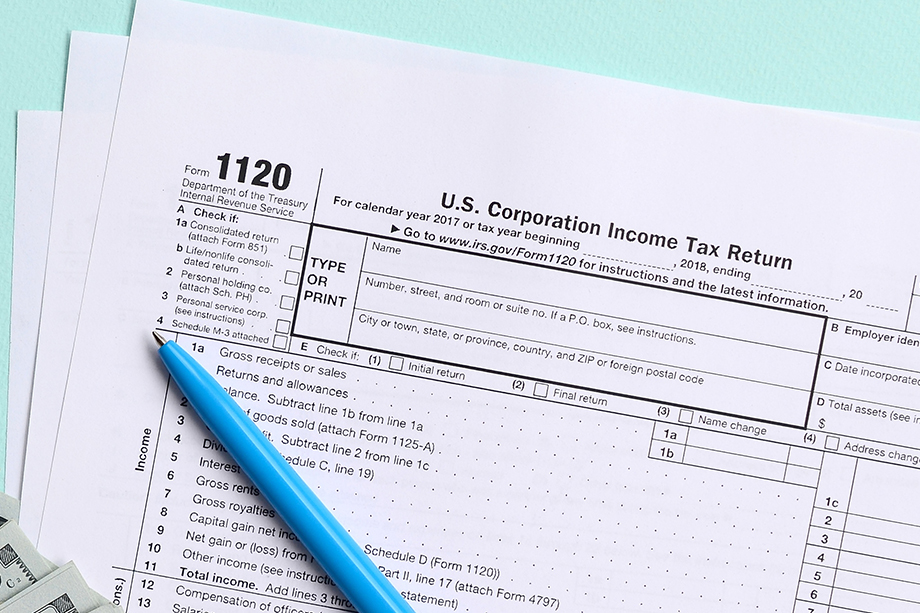It’s around this time of year that financial advisors contact their clients and suggest some year-end tax planning.
But you may be wondering: “why is planning at this time of year so important?”
Reason #1: AMT
More and more people are subject to the Alternative Minimum Tax- or AMT, for short. The reason this is a problem is that you lose many of your deductions if you are subject to the AMT. For example, your state income and real estate taxes are no longer deductible. Nor are your investment expenses.
The good news is that you can avoid or minimize your AMT if you do proper planning at year end. Will you be in the AMT for 2024? Then, you may want to postpone your final estimated tax payment until 2025. Same with your investment expenses. Postpone paying them.
Reason #2: Estimated payment penalties.
If you have income outside of your regular employment, you are probably making estimated tax payments. To make sure you have made sufficient payments to avoid penalties, do a year-end tax projection now. You may be able to avoid penalties even if you are currently underpaid by a significant amount.
Reason #3: High/low income year.
One thing is true: people are either having an extraordinarily good year or a very bad year. What can be done at year end of the year? Reverse tax planning. Rather than accelerating expenses as you usually do, you may want to push expenses to next year. Otherwise, you risk losing the deduction or taking it in a year when your tax rates are really low. If possible, you may also want to accelerate income. This way, you can avoid losing itemized deductions and personal exemptions that cannot be carried forward or back.
The year-end checklist
Year-end is the perfect time to start your business planning for the new year. You’re already dealing with the books so why not do some analysis and make sure your business prospers over the coming year?
The checklist below will help you get off to a good start:
Get the books in order
Some might find this challenging while for others, it’s a piece of cake. But whether you’re one of those who stuff a glovebox full of receipts or are a small businessperson who can afford a bookkeeper, you have to get this step done before you can do anything else.
Understand your business
Then the next step on the list is to figure out the current state of your business. You’ll want to look at your balance sheet, income statement and cash flow statement.
Your balance sheet will show you a summary of how your business is doing financially at a particular point in time. It shows all your assets, liabilities, and equity.
Then your income statement shows whether or not your business is profitable at a particular point in time by itemizing your revenue and expenses, resulting in a profit or loss.
Lastly, the cash flow statement shows your starting cash and your closing cash for a particular period of time, showing you where the money has gone.
Once you’ve examined your balance sheet, income statement and cash flow statement, dig a little deeper by checking your business’s current ratio, total debt ratio, and profit margin. It won’t take long when you have your balance sheet in front of you.
Reflection
Now that you know where your business is, it’s time to reflect.
Did your business accomplish what you set out to do for the year? Why or why not? Make sure to take some notes. These will be handy when you do your business planning for the upcoming year.
Part of this includes evaluating your current tax strategies. Talk to a professional such as an accountant and/or tax lawyer to get advice about which tax strategies would be best for your personal and business circumstances.
You can turn over the required documents to an accountant or if you’re savvy enough, prepare your income tax yourself. Just make sure you have access to your financials!
Set your business up for success
And then that’s it… it really is that simple to successfully plan end of year taxes for your business.
We all know how important business planning is, but it’s easy to put off. In fact, think of the saying: businesses that fail to plan, plan to fail?
Take some time to meet with your tax advisor in the next week or two while there is still time to project your income and make a permanent impact on your taxes through a little year end planning. Then, take those savings and invest them to create additional velocity in your portfolio.





